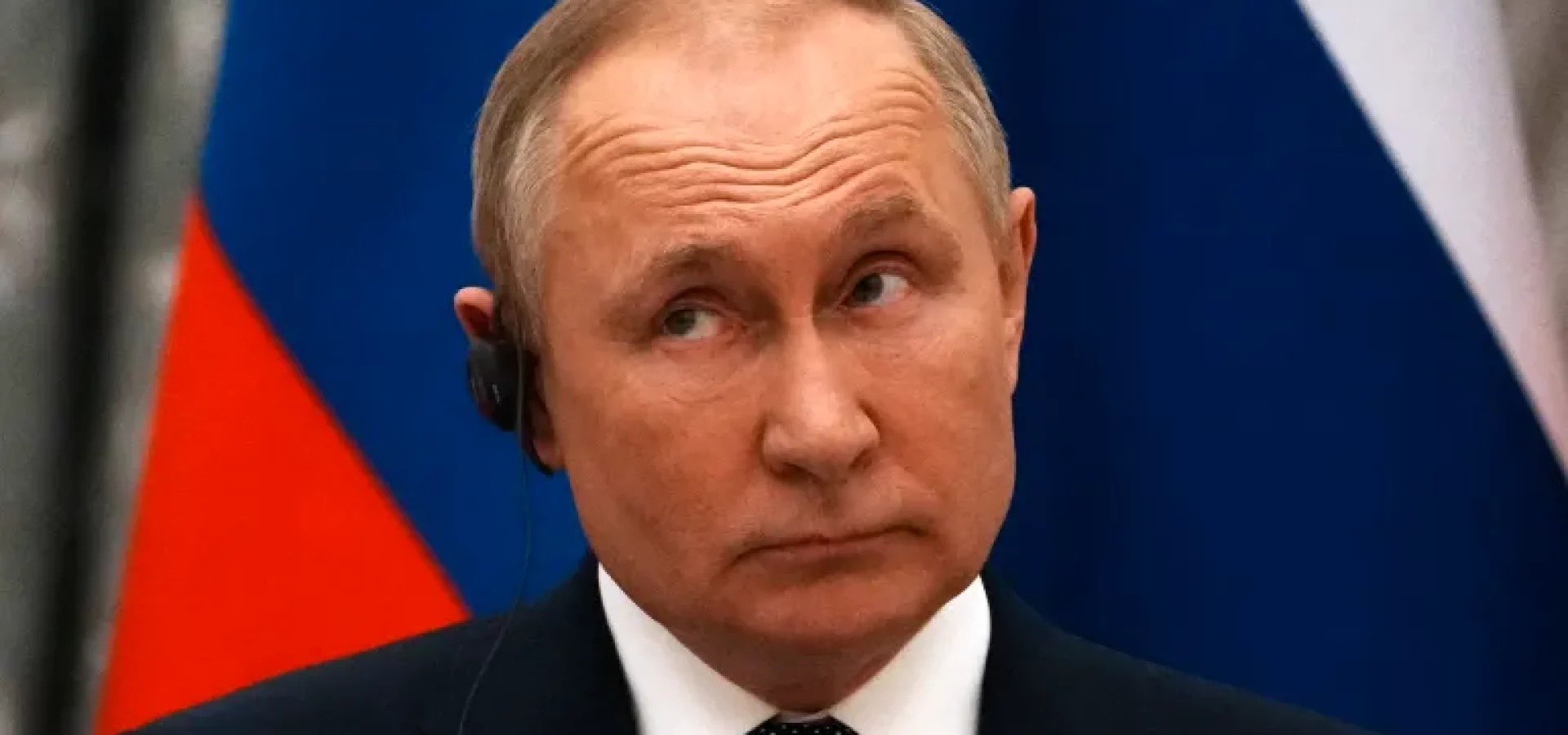Key Points
- Russia’s economy grew 3% in 2023, with projections of 2.6% in 2024 and a slowdown to 1.1% in 2025.
- Nearly a third of Russia’s 2024 budget will fund military expenditures, highlighting a significant rise in defence and security spending.
- January’s budget deficit was a low 0.2% of GDP, thanks to a 76.6% revenue increase and tight spending control.
- To combat inflation, the Bank of Russia increased the key interest rate to 16%, aiming to reduce inflation from 7.6% to 5.4% by 2024’s end.
- The rouble’s resilience and trade adjustments, notably with China, reflect Russia’s strategic response to sanctions.
- Russia faces economic challenges, including maintaining growth against high defense spending and labor market shifts.
In the face of global economic uncertainties, the International Monetary Fund (IMF) predicts that Russia’s economy will expand by 3% in 2023. This growth should continue at 2.6% in 2024, surpassing several major economies. However, it should slow down to 1.1% in 2025, highlighting the enduring challenges and the impact of ongoing military spending on economic resources.
Defence Spending to Shape Russia’s Fiscal Outlook
Defence expenditures are poised to dominate Russia’s budget in 2024, with nearly a third allocated to national defence and security. This allocation reflects the government’s strategic priorities but prompts considerations about its long-term effects on economic stability and growth. The focus on military needs risks diverting funds from essential sectors, potentially hampering innovation and the development of civilian infrastructure.
Maintaining Fiscal Discipline Amid Challenges
Despite significant defence spending, Russia’s fiscal management remains disciplined, demonstrated by a budget deficit of just 0.2% of GDP in January. A 76.6% surge in revenue and controlled spending underscore effective budget strategies to counter financial deficits. The government’s methods for covering the deficit, through both domestic and international channels, reveal a sophisticated approach to fiscal sustainability amid sanctions and geopolitical friction.
Tackling Inflation with Monetary Policy Adjustments
Facing rising inflation projected to reach 7.6% by year’s end, the Bank of Russia increased its key interest rate to 16% to temper inflationary pressures and stabilize the economy. Inflation should slow to 5.4% by the end of 2024. Hence, such monetary policy shifts are vital for preserving consumer purchasing power and boosting investor confidence.
Navigating Economic Sanctions
The analysis highlights the ruble’s resilience and Russia’s strategic responses to sanctions. It emphasizes enhanced trade and financial interactions, especially with China. These adaptations help counteract the immediate effects of sanctions, setting the stage for diversified economic relationships and enduring resilience.
Despite strategic efforts, Russia confronts significant economic challenges ahead. Elevated defence spending and a labour market increasingly oriented towards military demands may restrict long-term growth. Balancing strategic defence needs with the necessity for economic diversification and innovation will be crucial.










COMMENTS